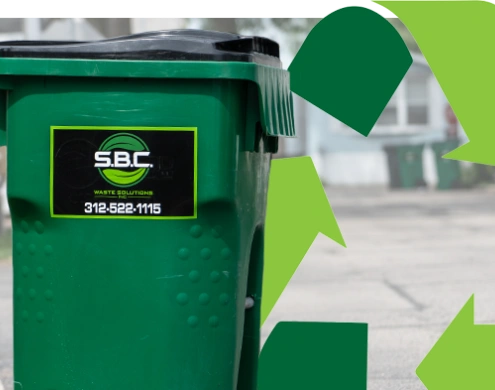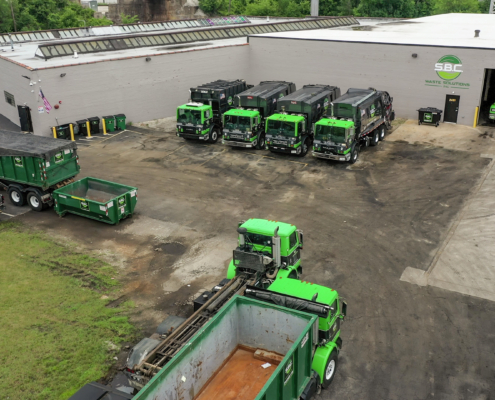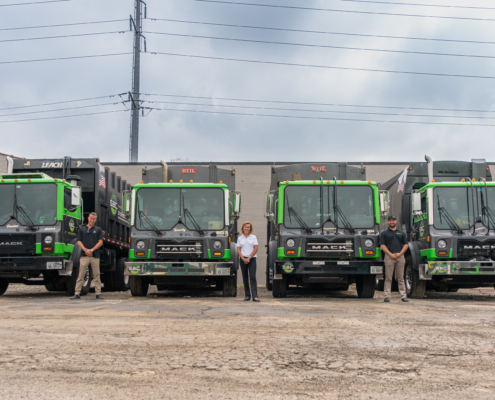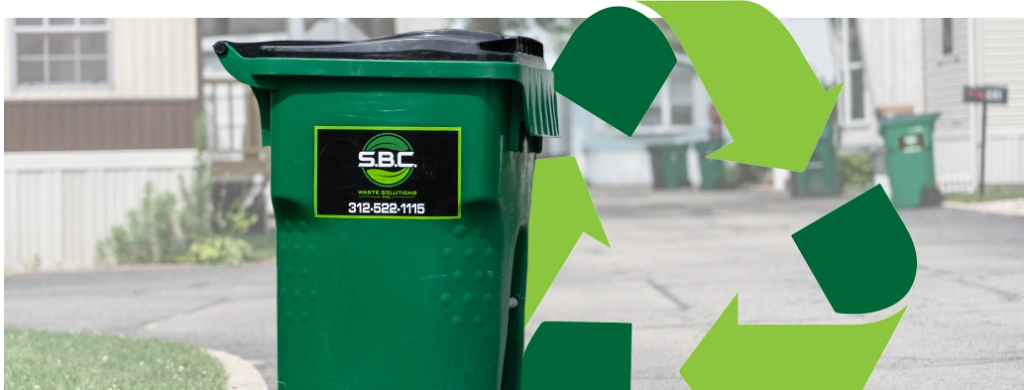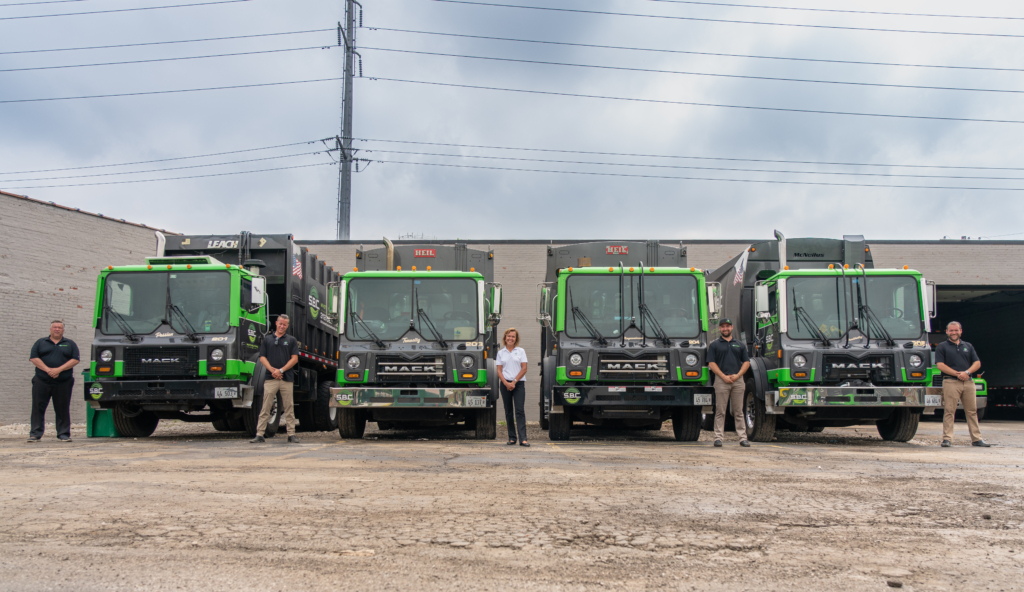We Take Responsible Waste and Recycling Service Seriously
We take our commitment to providing responsible waste and recycling service extremely seriously. Whether we’re talking about curbside pickup or dumpster rentals, we’ll work with you to find the right solution for your waste management needs. As a leading waste disposal company in Chicago and the suburbs, your trash is our treasure. When it comes to garbage, size matters. Thankfully, SBC has many different sizes of dumpsters and containers available to accommodate all of your waste collection and recycling needs. We make waste management convenient so you can focus on running your business.
DUMPSTER RENTALS
We offer dumpster rentals to residents and businesses in the communities we service. We rent out front-load, rear-load, and roll-off dumpsters. With a range of sizes, we can accommodate everything from spring cleaning to construction projects.
COMMERICAL
SBC Waste Solutions works with businesses of all sizes, including retail stores, restaurants, apartment buildings, offices, and more. We will work with you to find the perfect waste management solution for your business.
RESIDENTIAL
At SBC, we work hard to provide the residential areas we serve waste removal that is responsible and sustainable. We care about the communities of Chicago and make it a point to give back and to provide great customer service.
PORTABLE TOILETS
We provide clean, well-maintained porta potty rentals for construction sites, events, and residential needs. Flexible rental options are available to serve both businesses and residents across the communities we service.












